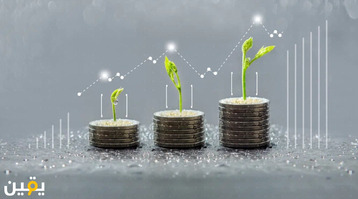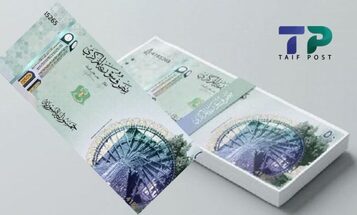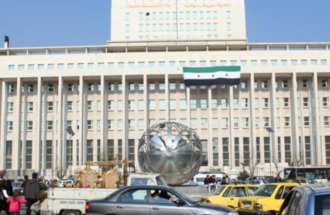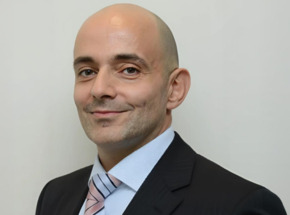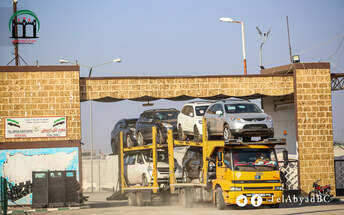-
Tunisian farmers turn to past by planting indigenous seeds to resist climate change

The Arab News reported, Tunisian farmers are turning to the past to ensure a future by planting indigenous seeds as the North African country suffers at a time of drought, disease and climate change.
Maher Medini, from Tunisia’s National Gene Bank said, traditional seeds come from a genetic heritage best suited to the environment.
“They are reservoirs of genes hundreds, if not thousands of years old,” Medini said, adding that the seeds are more resistant to the ever-growing dangerous impacts of global warming.
According to him, climate change is causing challenging variations in rainfall, temperature and humidity, creating disease in the crops.
Medini said: “The foundation of adaptation is diversity.”
According to the Arab News, Wheat varieties developed in the 1980s are being blighted by disease in Tunisia, but farmers say that traditional varieties appear to be more resistant.
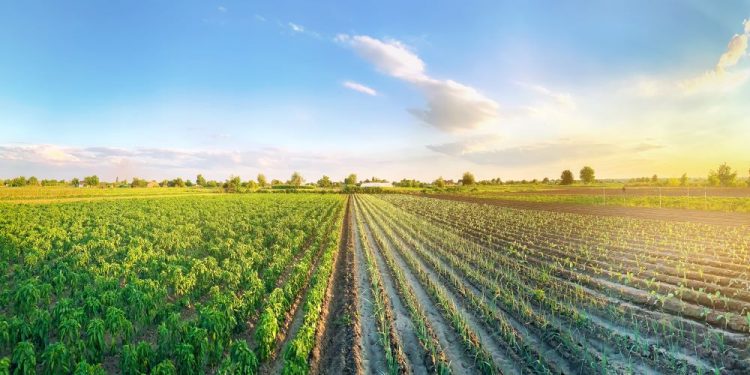
It said that in the past, Tunisian farmers used to set aside small part of the indigenous seeds previously harvested to sow in the next season.
It mentioned, the development of hybrid or genetically modified seeds resulted in better harvests, and native varieties largely fell out of use.
However, the problem is that seeds from the new varieties cannot be replanted, and farmers have to buy in more seed every year.
Read more: Millions of people in Syria and Iraq losing access to water, electricity and food
Now some farmers are looking at the methods used by their forebears.
One farmer said: “The new varieties are weak and quickly affected by mold.”
According to the Arab News, because most farmers buying new seeds every season, the country currently imports 70 percent to 80 percent of its seeds each year.
Aymen Amayed, a researcher in agricultural policies said: “A return to local or native seeds is one of the conditions needed to reach food sovereignty.”
Read more: Lebanon entering state of ‘exodus’ as political, economic crises accelerates
Tunisia’s gene bank is working to “reclaim its genetic heritage.”
Since 2008, it has been collecting traditional seeds from farmers, and also working to recover indigenous Tunisian seeds stored in gene banks around the world.
So far, it has been able to repatriate more than 7,000 samples of seeds from fruit trees, cereals and vegetables out of over 11,000 located worldwide.
These seeds are once more being planted in Tunisian soil.
Source: arabnews
You May Also Like
Popular Posts
Caricature
opinion
Report
ads
Newsletter
Subscribe to our mailing list to get the new updates!


